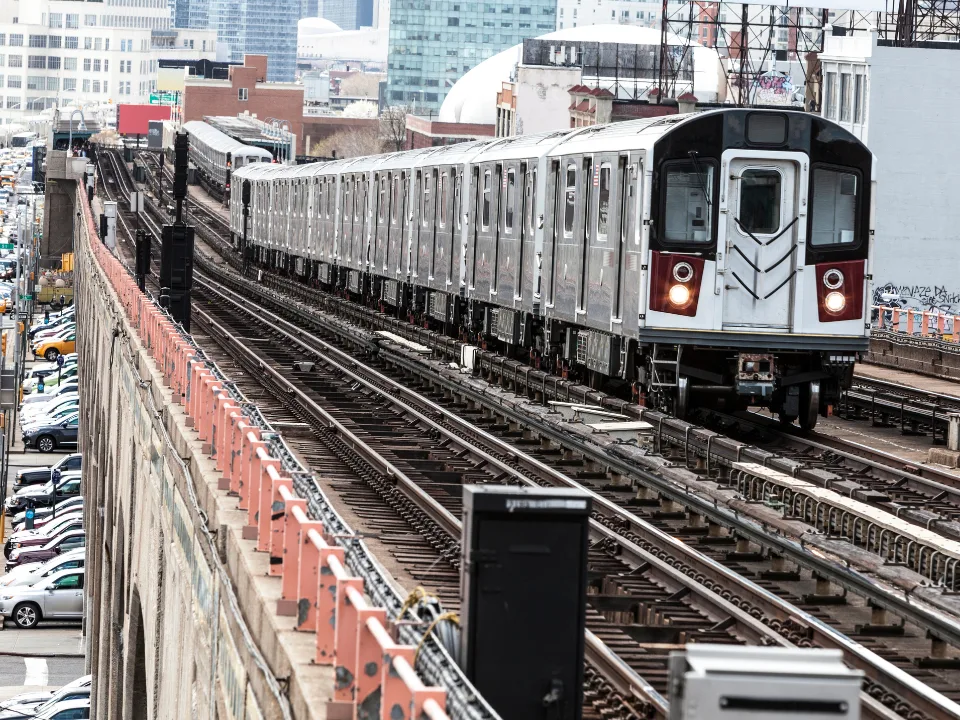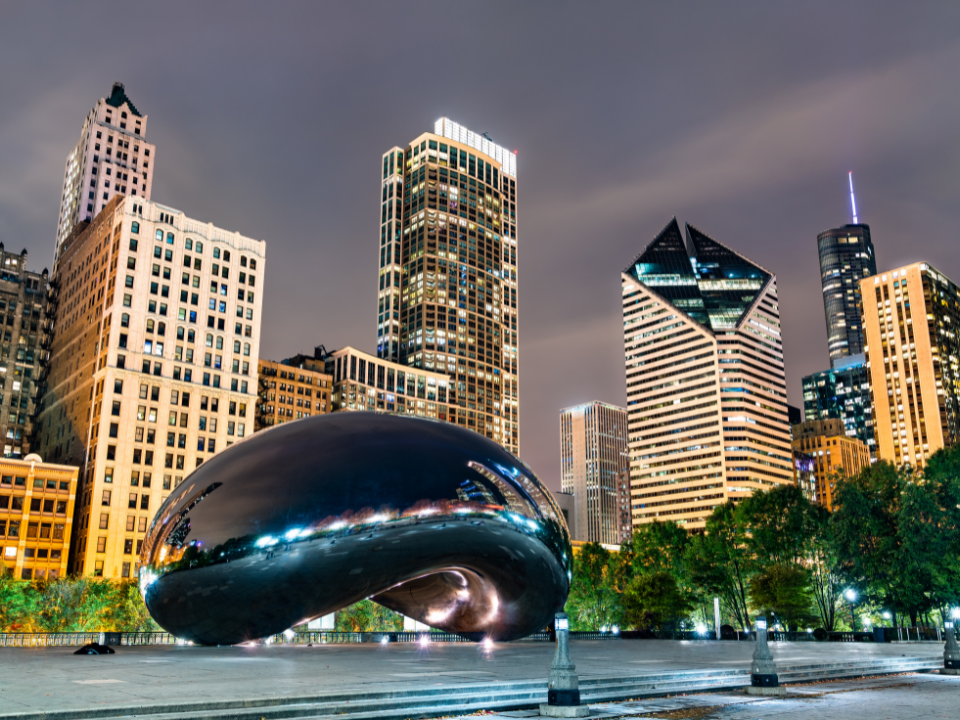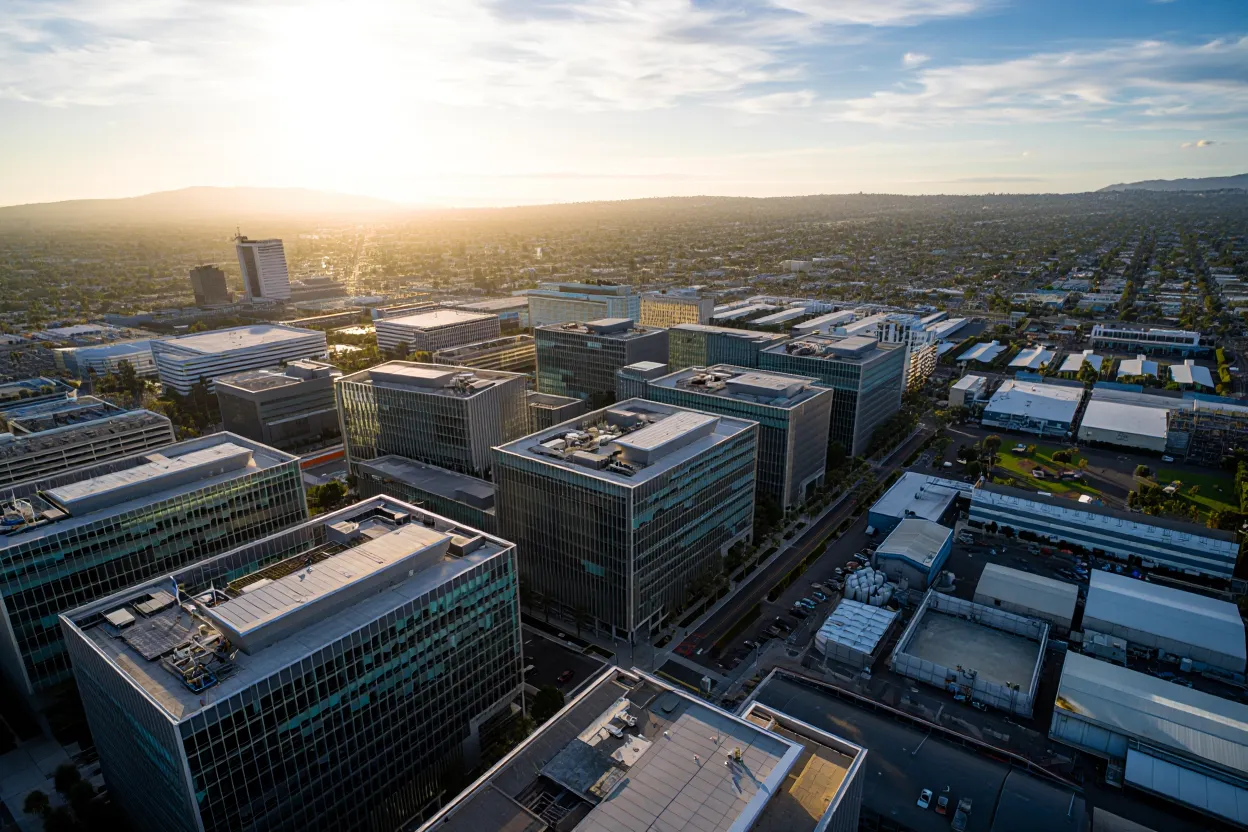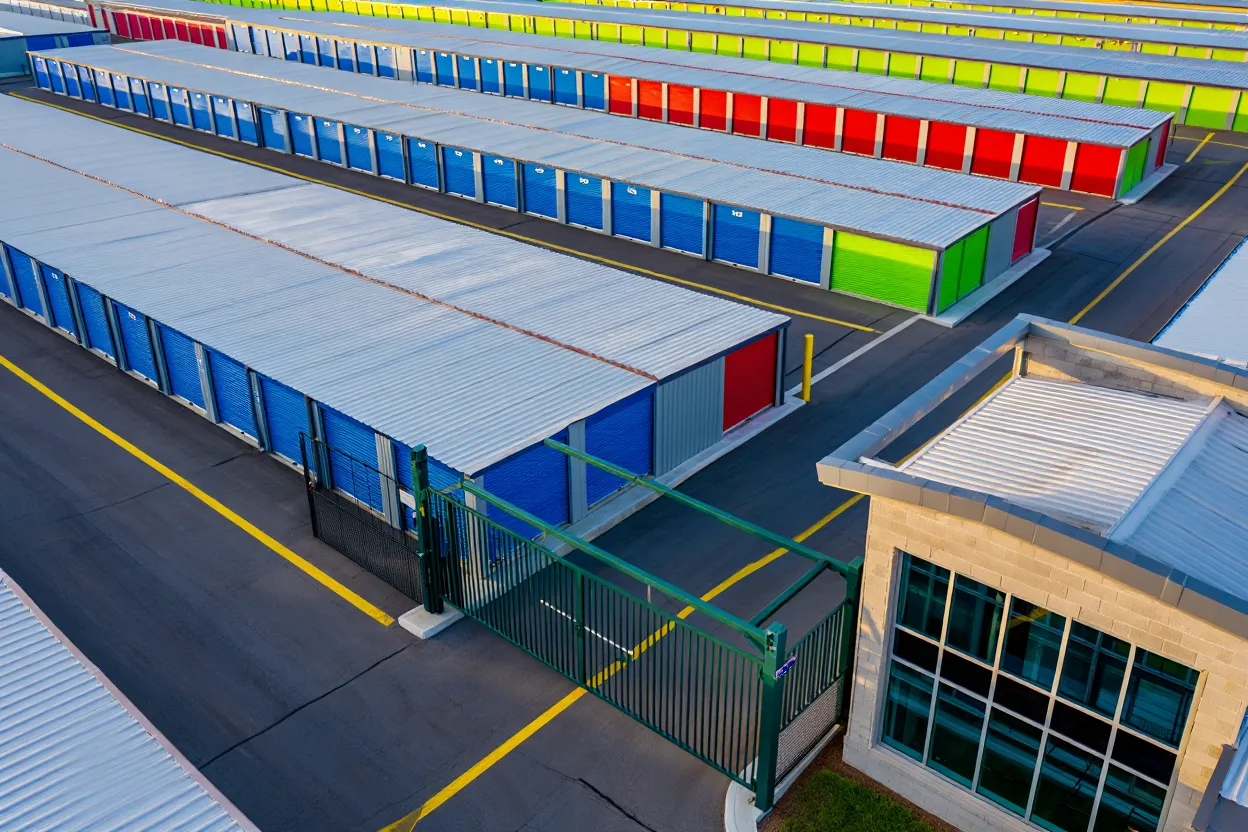- Median rents in Chicago rose by more than $120 from March to June, a 7.1% rise due to low vacancy rates and high renter demand.
- Typical rents in Chicago reached $2.2K per month by June, requiring an annual income of $88K to be considered affordable.
- Nearly half of Chicago households were rent-burdened in 2022, spending more than 30% of their income on housing.
- Chicago remains one of the top markets in the nation for rent growth, with landlords benefiting from low vacancy rates and high demand.
Chicago renters are paying more than ever thanks to high summer demand and low vacancy rates, as reported on The Real Deal. “Rents are largely unaffordable to the median earner in Chicago,” said Daryl Fairweather, chief economist at Redfin.
Too Damn High
From March to June, median rents in Chicago rose by more than $120, up 7.1%. This spike is attributed to the seasonal rush before the school year starts, according to data from Redfin and Zillow, as reported by the Chicago Tribune.
To be specific, a unit that rented for $1K per month jumped to $1.12K per month, a 12% gain in just three months. By June, typical rents in Chicago had reached $2.2K per month. To afford this, an annual income of $88K is necessary.
Although wages in the Chicago metro area have risen by 4.3% YoY, they have not kept pace with 11% higher rents from the previous year. In 2022, nearly half of Chicago households were considered rent-burdened, meaning they spent more than 30% of their income on housing costs, according to the U.S. Census Bureau.
Orphe Divounguy, a senior economist at Zillow, highlighted the increasing income needed to afford rent in the Windy City, stating, “There’s been a huge increase in that income that you need to have in order to have your rent cost, your housing cost, considered affordable.”
Market Activity
Chicago has been one of the top markets in the nation for rent growth for over a year, outperforming the rest of the country in terms of vacancy rates and average asking rents, according to J.P. Morgan Chase.
This trend has positively affected the retail and multifamily investment sales markets, particularly in suburban Chicago. Landlords are also obviously benefitting from the rent growth, as low vacancy rates persist amid the back-to-school apartment shopping season.
San Francisco-based FPA Multifamily recently bought a 270-unit apartment complex in Oak Park for $60M, or $220K per unit, as part of the firm’s $350M nationwide buying spree. In the West Loop, MZ Capital is under contract to buy a 166-unit complex from LG Development and AEW Capital Management.
Why It Matters
As demand continues to outstrip supply, Chicago renters are likely to face ongoing challenges in finding affordable housing. The high demand and low vacancy rates are expected to sustain rent growth, benefiting landlords and investors while placing further strain on residents.
















